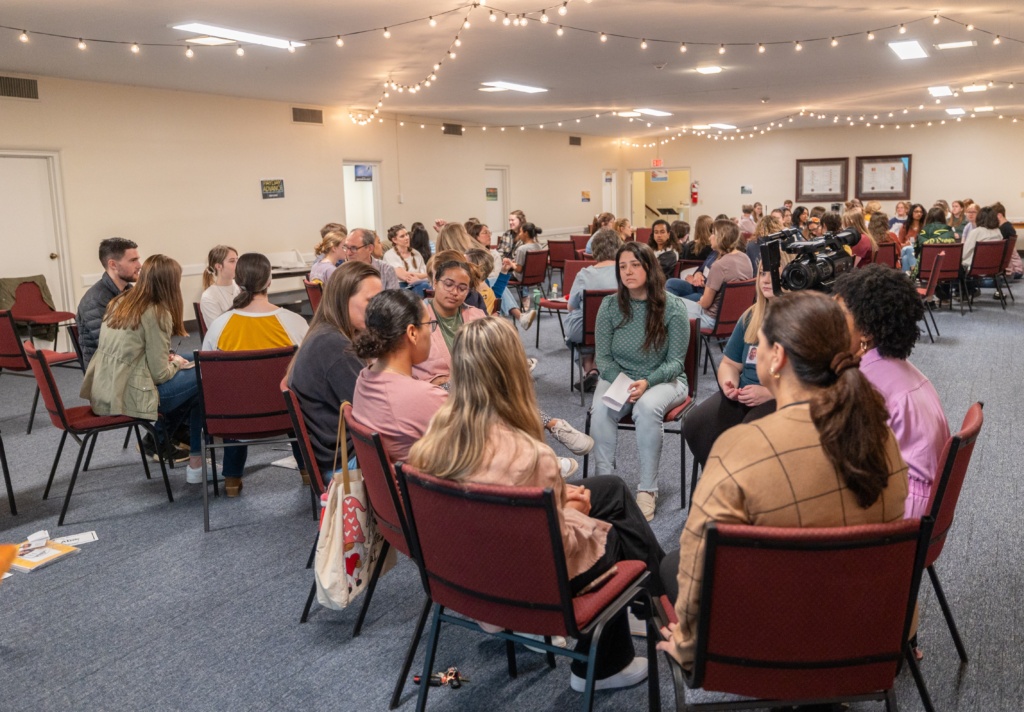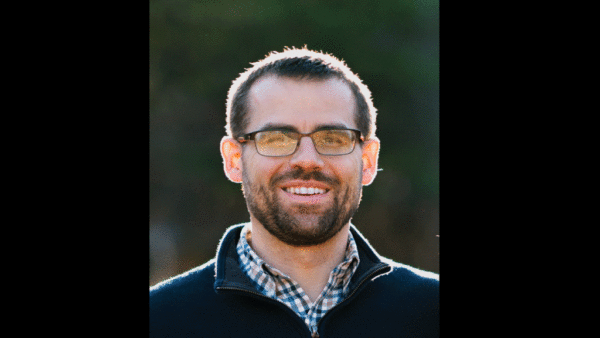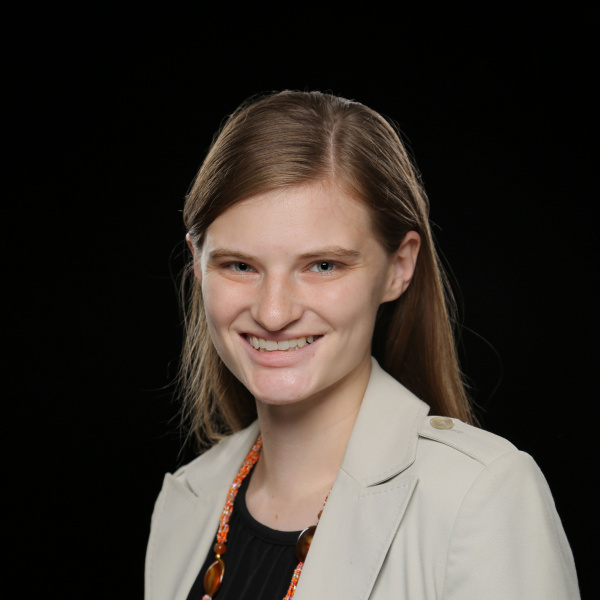On Wednesday, April 10, the BJU School of Education and Human Services hosted a Poverty Simulation – an experience intended to help students better understand the challenges many Americans face on a daily basis. Students were placed in a family unit and simulated living out a “month” in four 15-minute “week” intervals. Throughout this time, students were responsible for maintaining a job, paying expenses, and caring for children.
For many, this simulation gave a new perspective on poverty. Educational Studies major Daniela Paul observed that poverty “can be a silent poison for many since it is difficult to talk about”, adding that “children are especially vulnerable since they feel the impact of poverty in their family but have little power to do anything about it.” Junior Holly Bates was unaware of the role various resources and community agencies play in helping those in poverty survive. She noted that this simulation helped her, “feel better prepared to serve those living in poverty and what dangers or challenges [she] can warn others about.”
Several students gained new insight into how they will approach their future classrooms. Child Development major Jackie Garcia remarked, “As a future educator, I’ll be working with some families that face poverty, and I need to be able to work with the families and understand what they are going through [so that I can be] a resource for these families.” Junior Special Education major Anna Vasquez agreed, pointing out, “I learned that I should have more grace and compassion for these individuals who are living in poverty and remember that my students that I will teach may come in with so many burdens, and the last thing that they are worried about is trying to turn in an assignment. My perspective has changed because I now have a better understanding what these students and parents may be facing every day, and a little grace can go a long way.”
Scott Buhr, Division Chair for Teacher Education, hopes that students will carry what they learned with them moving forward. “It helps teach them,” he said. “The systems we have in place are good, but there are gaps. It doesn’t always work out like maybe they have experienced in their own life. Sometimes things happen that make it really difficult, and that helps them build empathy and understanding.” Faculty member Cait Reid, who has been a social worker in the past, added “Poverty and the cycle of poverty is not just an easy, linear thing, that it’s like one, two, three steps, and we get out of poverty or we figure it all out. There’s not usually an owner’s manual of how do you get benefits and what benefits do you qualify for and where do you go. It is really hard to figure it out. And so it’s good for them to understand that it just happens, and there is no manual and step-by-step guide of how to do it.”
Sophomore Abbie Page summed it up best by sharing, “I learned that it is important to see the person behind the poverty first.” Jesus pointed out that poverty would always exist in this fallen world (Matthew 26:11). Nevertheless, as His followers, we must never neglect to see people as image bearers of God. We pray that this exercise will develop not only empathy within our students, but also will motivate them to look for ways they can use their God-given abilities to assist and empower people to escape the cycle of poverty.








